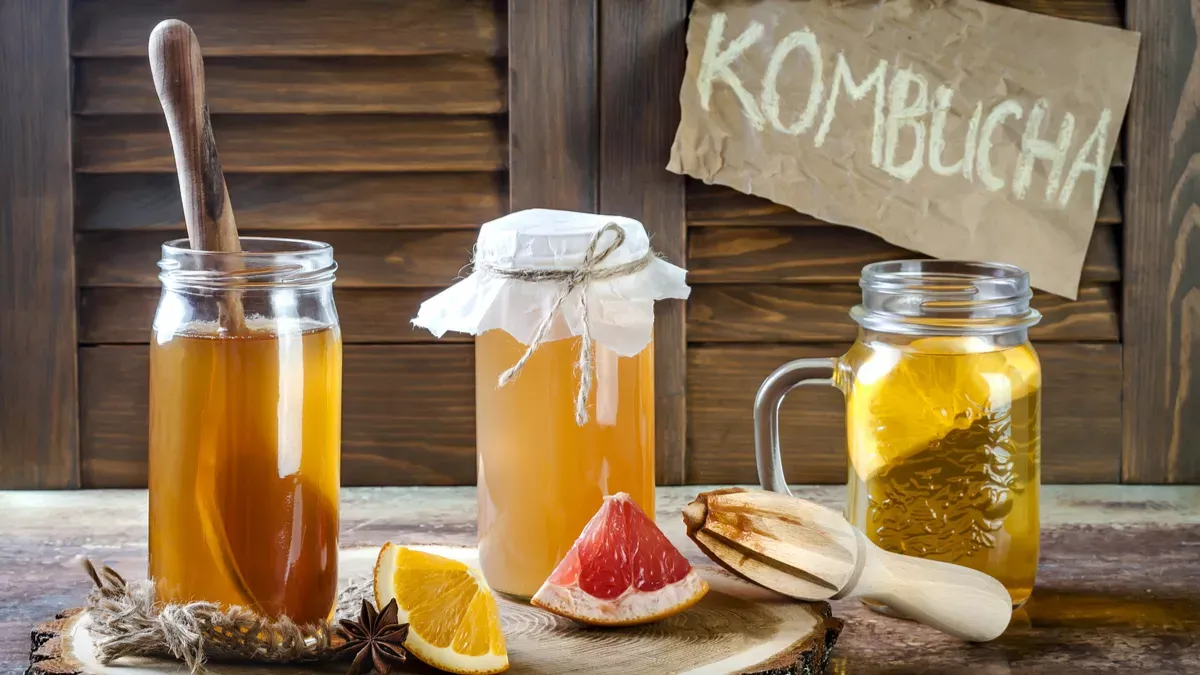The use of products containing aluminum raises concerns about their possible contribution to various diseases, including cancer. From time to time, questions arise regarding the risks of using these products. In this report, we will carefully examine the major products containing aluminium, with a particular focus on aluminum foil and deodorants, to determine whether they may pose a health hazard.
Aluminum in Brief
Aluminum, a light, silvery metal, is the most abundant metal in the earth’s crust, according to the Centers for Disease Control and Prevention in the United States. Present in the form of compounds with other elements such as oxygen, silicon and fluorine, it is not found in a free state in nature.
Presence of Aluminum in Consumer Products Aluminum is found in various consumer products, the most notable of which are:
- Antacids.
- Buffered aspirin, a combination of aspirin and an antacid (such as aluminum hydroxide), which helps reduce aspirin-induced heartburn and stomach upset.
Baking in Aluminum Foil
Aluminum foil, also called tin foil, is a thin, shiny sheet of aluminum made by rolling large sheets of aluminum until they reach a thickness of less than 0.2 mm. This sheet is used to preserve food, cover cooking surfaces and wrap meat, preventing moisture loss during cooking.
It is important to note that using aluminum foil for cooking is not dangerous. Although it may increase the presence of aluminum in foods, the amounts added are very small and are considered safe by researchers, according to a Health Line report. If you are nevertheless concerned about aluminum intake through your diet, you might consider limiting the use of aluminum foil. However, the actual aluminum intake from tin foil is probably insignificant. As the amount of aluminum you consume is likely well below safe levels, there is no need to avoid the use of aluminum foil for cooking.
Safety of Aluminum Utensils
In general, aluminum utensils do not present health risks. For example, the Canadian government indicates in a publication on the safe use of kitchen utensils that most Canadians ingest about 10 milligrams of aluminum per day, mainly through their diet. Aluminum pots and pans only contribute one milligram of that amount. The World Health Organization estimates that adults can safely consume more than 50 milligrams of aluminum per day.
Presence of Aluminum in Foods
In general, aluminum from food is considered safe. Some studies suggest a possible association between high aluminum exposure and Alzheimer’s disease, but other research does not confirm this correlation. People with kidney disease may store more aluminum due to reduced elimination in urine, which could potentially cause bone or brain problems due to excess aluminum.
However, the levels of aluminum found in processed foods and those cooked with aluminum utensils are generally considered safe.
Aluminum and Cancer
There is no evidence that aluminum is a cancer factor. The increased cancer risks among aluminum smelter workers are attributable more to their exposure to other chemicals than to aluminum itself. Dr. Robert Yokel, a professor of toxicology at the University of Kentucky who specializes in aluminum studies, argues that there is no convincing evidence linking aluminum to cancer.
Aluminum in Vaccines
The aluminum contained in vaccines does not represent a danger according to the World Health Organization. Vaccines may contain small amounts of aluminum salts such as aluminum phosphate, aluminum hydroxide, or potassium aluminum sulfate as cofactors. There is no evidence of long-term health problems caused by aluminum in vaccines.
Aluminum Level
Tolerable According to the World Health Organization and the United States Food and Drug Administration, doses below 2 mg per kilogram of body weight per week are unlikely to cause health problems.
Aluminum in Deodorants
It is crucial to distinguish between two types of products:
- Antiperspirants contain aluminum to reduce sweating.
- Deodorants do not use aluminum as an ingredient.
According to Healthline, it’s uncertain whether the aluminum in antiperspirants accumulates in the body, and it’s highly likely that aluminum also comes from other sources such as medications. Currently, no scientific evidence directly links aluminum to cancer, or other health problems.
However, it is recommended that some people, especially those with severe kidney failure, avoid the use of antiperspirants. In these individuals, the kidneys have less ability to eliminate aluminum, which can cause its accumulation. If you have kidney disease, it’s a good idea to check the ingredients before buying or using any products.
In conclusion, the use of aluminum foil for cooking and the presence of aluminum in utensils, food, deodorants and even vaccines do not appear to pose significant dangers to human health. The amounts of aluminum that we commonly encounter are generally considered safe by experts and health organizations.


